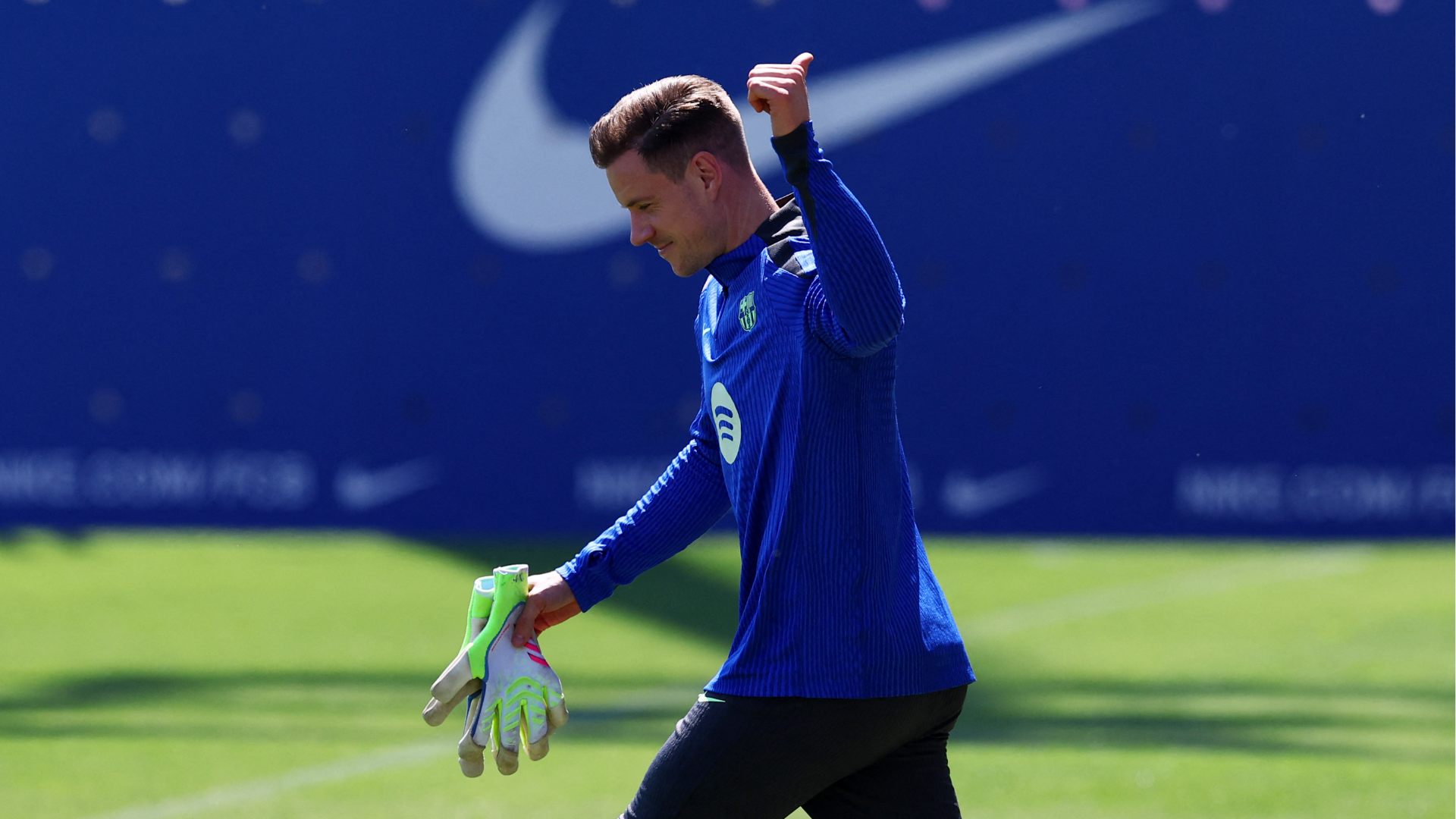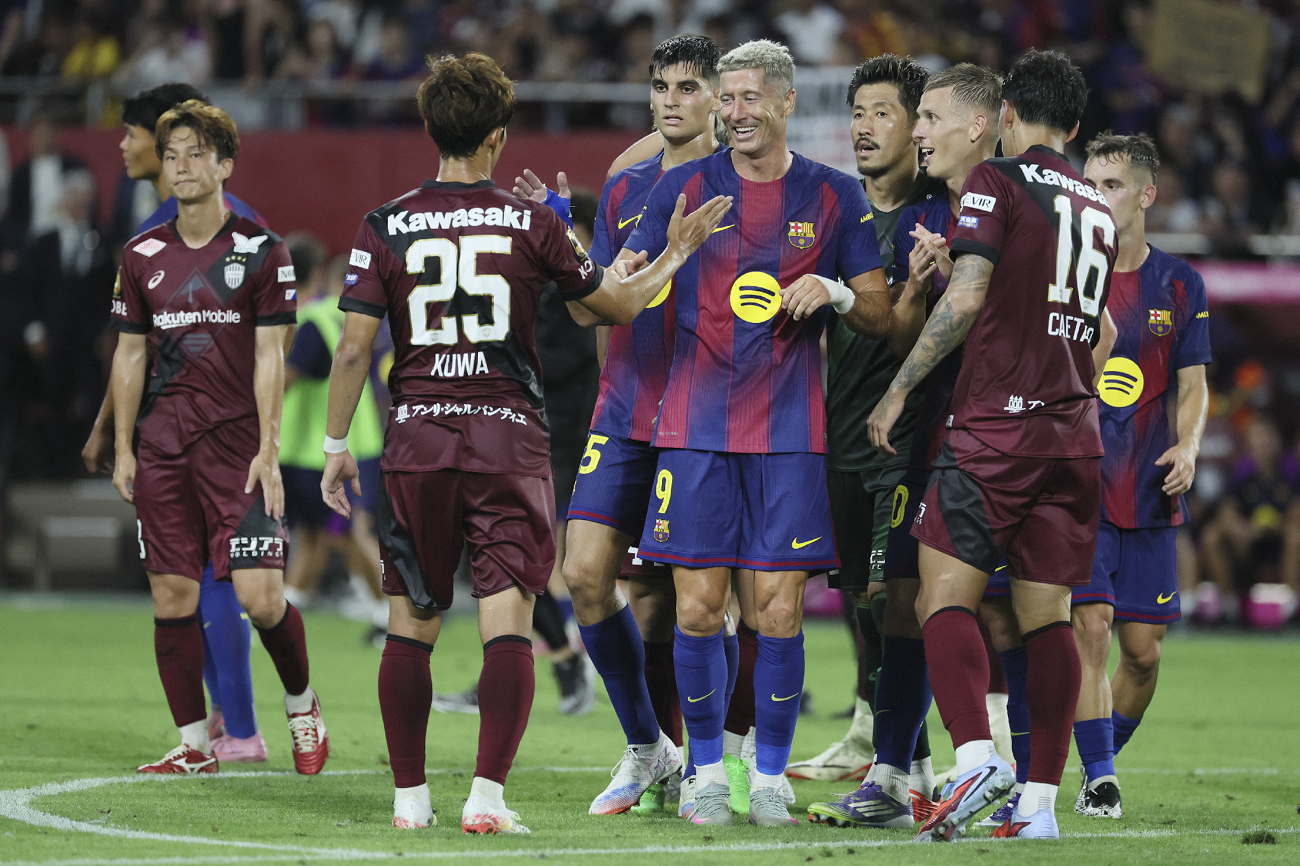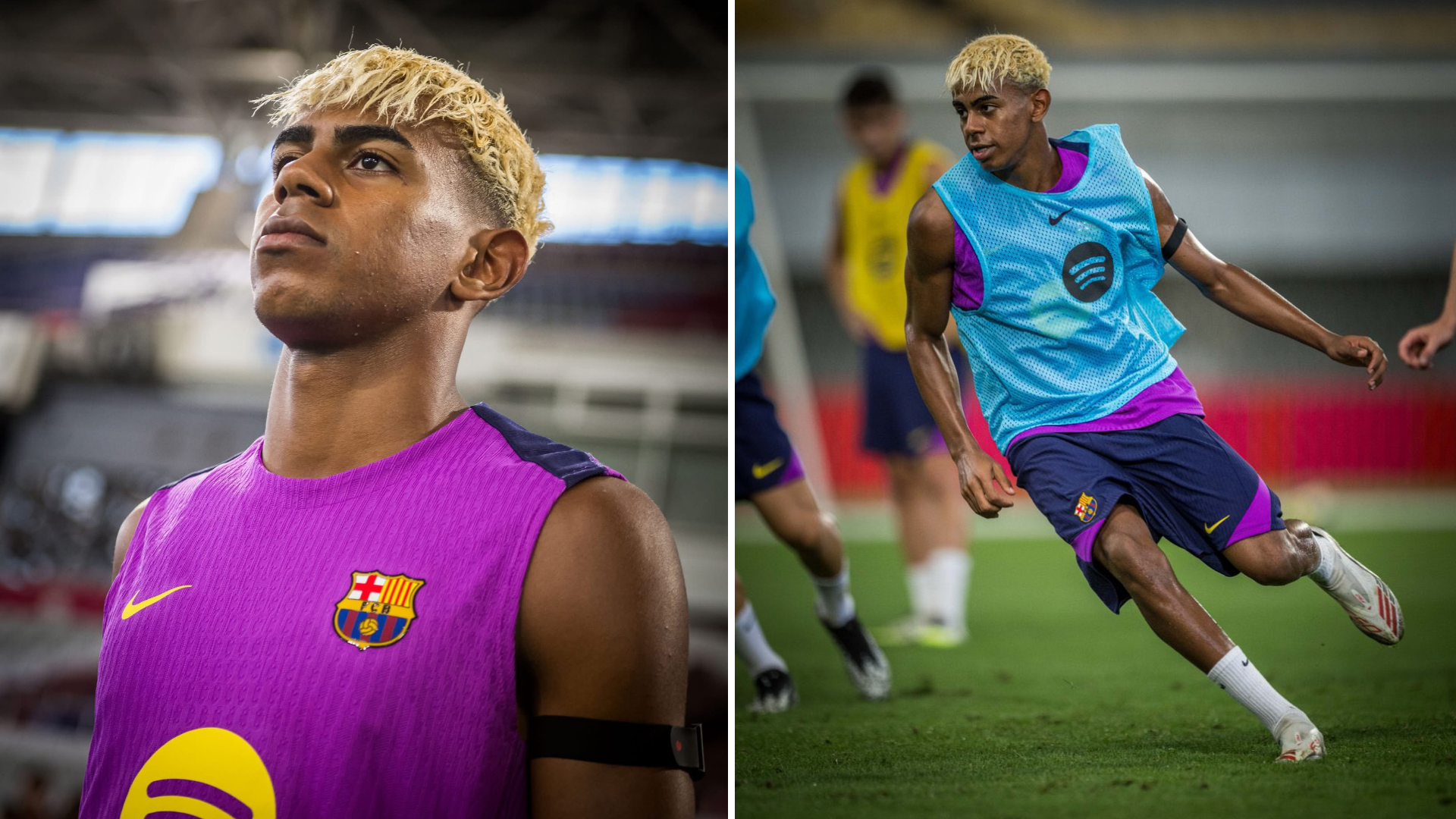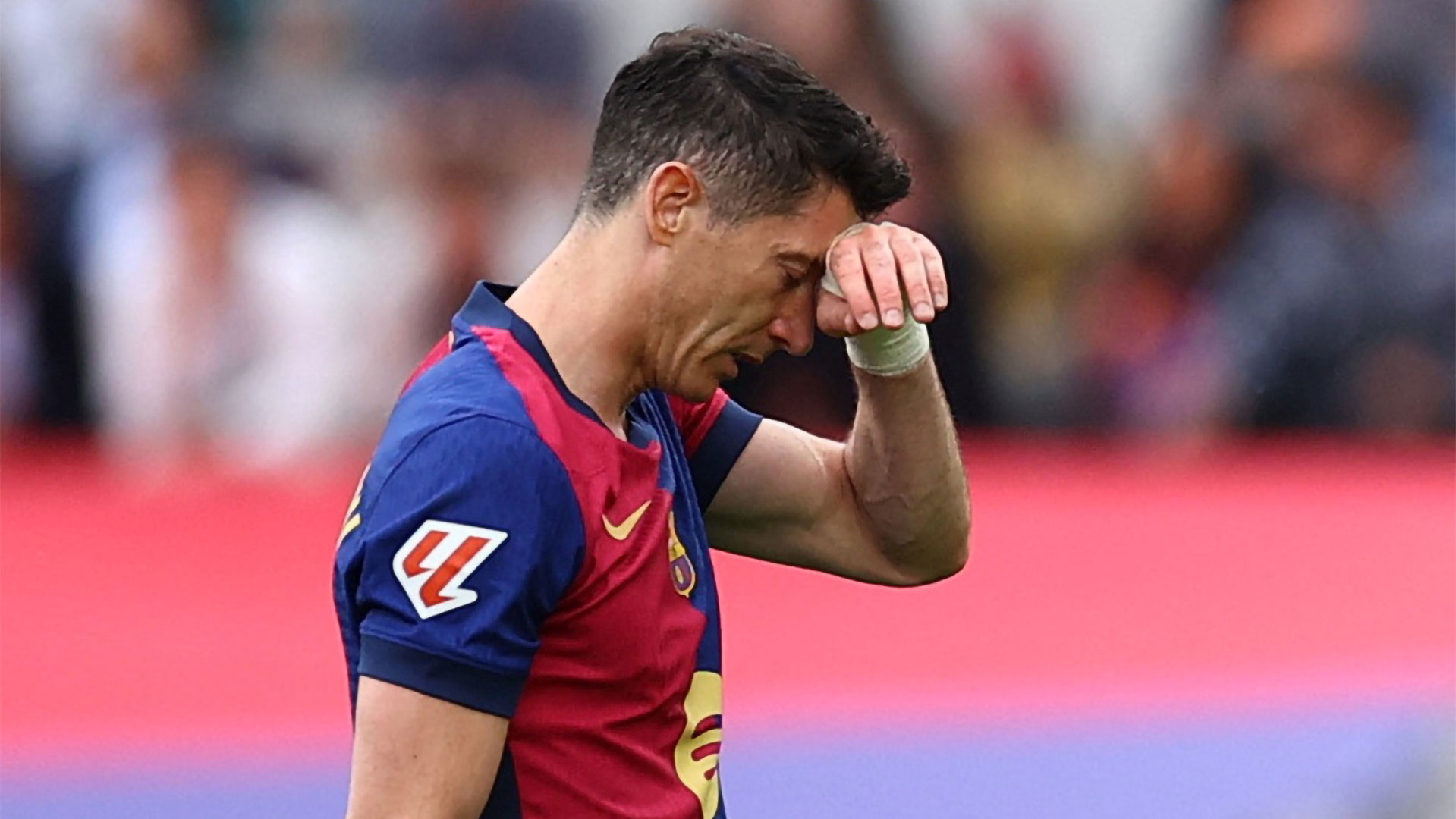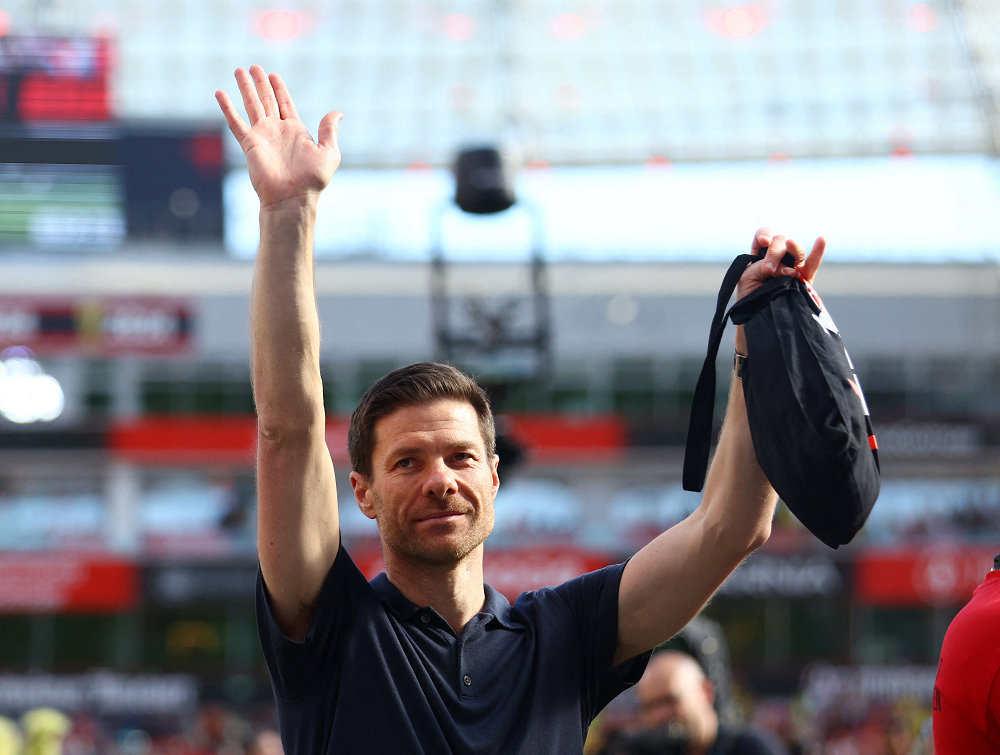- Home >
- Soccer >
- LaLiga >
- Deco Blames Xavi Hernández for Vitor Roque’s Signing as Barcelona Regrets the Move
Deco Blames Xavi Hernández for Vitor Roque’s Signing as Barcelona Regrets the Move
Barcelona’s sporting director admits that signing the Brazilian forward in January was a rushed decision pushed by former coach Xavi Hernández.
A Premature Transfer That Didn’t Work Out
The arrival of Vitor Roque at FC Barcelona continues to raise questions. In a recent interview with Brazilian media Globoesporte, sporting director Deco acknowledged that bringing in the young striker during the January 2024 window was not the right move — and placed the responsibility on Xavi Hernández, who insisted on accelerating the transfer.
“The original plan was for Vitor to arrive in mid-2024. Bringing him earlier was a mistake in my opinion,” said Deco, adding that the club didn’t have many alternatives at the time. The former midfielder explained that the media pressure and the high demands of a club like Barcelona made the adaptation process difficult for the young Brazilian, both on the pitch and mentally.
He also admitted that the club failed to properly support the player during those early months. “There was a lack of attention from the coaching staff and the club overall. We couldn’t help him the way he needed,” said Deco.

Xavi Personally Requested His Early Arrival
Deco clarified that while sporting decisions involve multiple voices, it was Xavi Hernández who requested Vitor Roque to join the squad immediately. “Coaches are always heard when it comes to signings. In this case, the decision to bring him early came from Xavi. The idea was to start his adaptation process, but it ended up hurting him,” he noted.
The situation has drawn comparisons to Endrick, another young Brazilian talent now with Real Madrid. However, Deco highlighted that both cases are unique. “Endrick played many matches but didn’t get that many opportunities either. These are clubs at the highest level of world football — it’s never easy for young players,” he added.
Despite the disappointment, Deco also clarified that the operation wasn’t as expensive as reported. “We recovered a large part of the investment, around 25 out of the 30 million euros spent,” he said.












